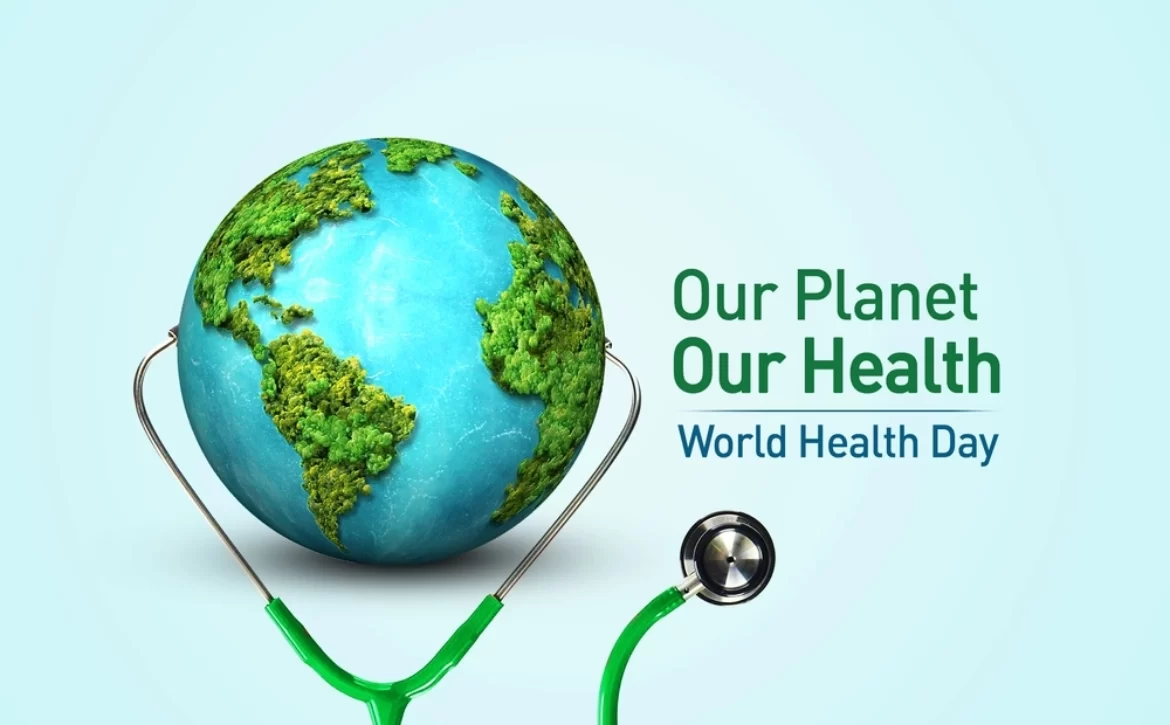World Health Day 7 April 2023
7th of April is celebrated as the World Health Day which also marks the anniversary of World Health Organisation (WHO) – a department of United Nations. Every year WHO focuses on a specific public health concern during which various health care organizations – both national and international come forward and strive towards various health concerns that grip the globe.
World Health Day 2023 Theme
This year 2023, World Autism Awareness Day 2023 theme is “Health For All”, which encompasses the equal access for a good quality health services across all regions with limited or no financial risk.
All of the major world religions stress the importance of maintaining a healthy body and mind, which is also central to the tenets of many schools of traditional medicine and their respective practitioners. Health, as defined by WHO, is a state of complete mental, emotional, and social well-being and not only the absence of sickness or disability. Several of the countries have included this kind of right to health into their constitution.
World Health Organization in establishing Universal Health Access
Following World War II, various governments regarded health and its universal accessibility as a necessary method of establishing contemporary post-colonial states.
The WHO (founded in 1948) in collaboration with other United Nations (UN) organizations aimed for a new, free, and healthy world. Subsequently, despite the prominence of projects, such as the malaria eradication programme, in the early years of the WHO, other health-promoting ideas were not abandoned.
The work on general healthcare mechanism enhancement was carried out by forming a number of agreements with national governments which made WHO the vanguard for universal healthcare.


Key messages of Word Health Organization in 2023
- Health For All envisions a society in which all people have good health and may live happy lives in a peaceful, wealthy, and sustainable environment.
- The right to health is a fundamental human right. Everyone must have access to health care when and when they need it, without financial burden.
- Thirty percent of the world’s population lacks access to basic health treatments.
- Almost two hundred crore people are facing catastrophic or impoverishing health-care costs, with considerable disparities impacting those in the most disadvantaged circumstances.
- Universal health coverage (UHC) provides financial security and access to high-quality necessary services, lifts people out of poverty, promotes family and community well-being, safeguards against public health emergencies.
- To make health for everyone around the world a reality, we need: individuals and communities with access to high-quality health services, so they can care for their own and their families’ health; skilled health workers who provide quality, people-centric care; and policymakers who are committed to investing in universal health coverage.








